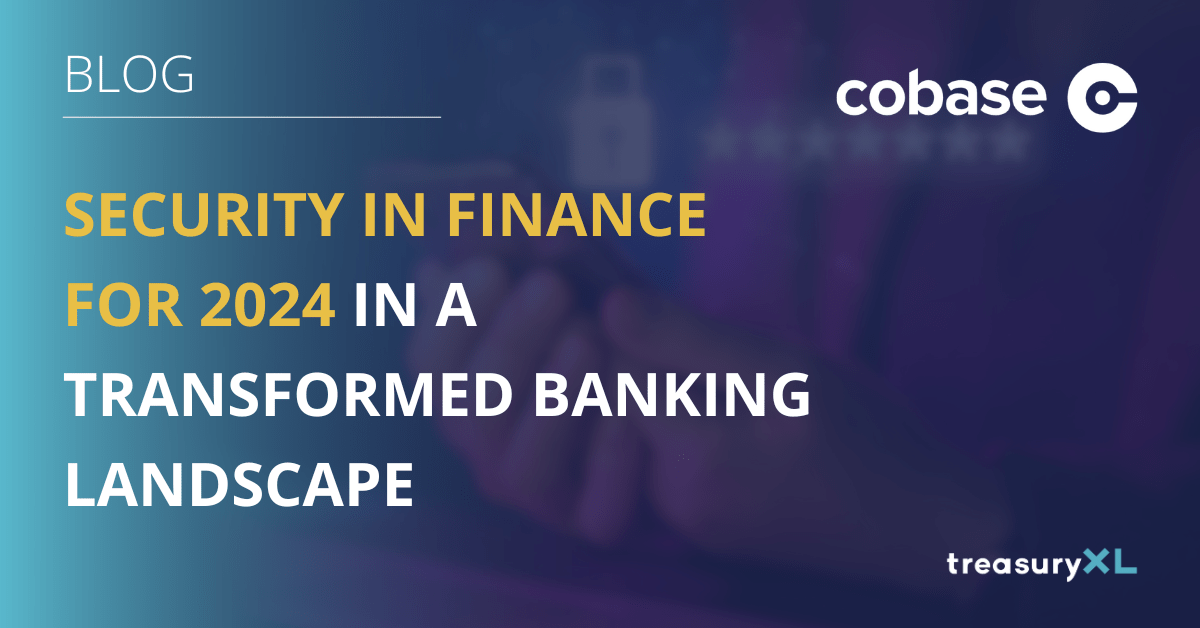The dispersed banking model, characterized by digital transactions and decentralized operations, poses unique security challenges that necessitate a forward-thinking approach. This shift, while primarily driven by digitalization, also sees Payment Service Providers (PSPs) playing an increasingly supportive role in facilitating seamless financial operations. This blog post delves into the critical security considerations for corporates in this new era, offering insights into maintaining robust security postures amidst evolving risks.
The Evolution into 2024: A Dispersed Banking Landscape
The transition towards digital banking was significantly accelerated by the global events of 2020-2023, leading to a dispersed banking model characterized by remote operations, digital transactions, and the integration of fintech solutions. A report by the Federal Reserve highlighted a 200% increase in mobile banking traffic and a 150% surge in online account registrations during the initial phase of the pandemic, setting a precedent for the future of banking.
The Security Imperatives in 2024
With this digital transformation, the security risks for corporates have evolved, necessitating a reevaluation of traditional security frameworks. Phishing attacks, ransomware, and data breaches are on the rise, with IBM’s Cost of a Data Breach Report 2023 indicating the average cost of a data breach reaching $4.35 million, a stark reminder of the financial and reputational stakes involved.
Key Security Considerations for Corporates
- Enhanced Cybersecurity Measures: In a dispersed banking environment, the importance of robust cybersecurity measures cannot be overstated. This includes advanced encryption, multi-factor authentication (MFA), and continuous monitoring of transactions to detect and prevent unauthorized access.
- Data Protection and Privacy Compliance: With regulations like GDPR in Europe and CCPA in California setting the benchmark, ensuring data protection and privacy compliance is crucial. Corporates must ensure that their banking partners and fintech solutions adhere to these standards to protect customer data effectively.
- Integrated Risk Management Frameworks: Adopting an integrated approach to risk management that encompasses cybersecurity, operational risk, and compliance is essential. This holistic framework should be agile to adapt to the evolving risk landscape and resilient to withstand potential security threats.
- Employee Training and Awareness: Human error remains a significant vulnerability in corporate security. Regular training and awareness programs for employees on the latest cybersecurity threats and best practices are vital to fostering a culture of security within organizations.
- Collaboration with Fintech Innovations: As corporates increasingly rely on fintech solutions for their banking needs, vetting these partners for security measures becomes imperative. Collaborations should be based on a thorough assessment of the fintech’s security protocols, data handling practices, and compliance with financial regulations.
- Contingency Planning and Incident Response: Preparing for potential security incidents with a well-defined incident response plan can mitigate the impact of breaches. This includes having a dedicated response team, clear communication channels, and recovery strategies to ensure business continuity.
The Role of Regulatory Bodies and Standards
As corporates adapt to the dispersed banking model of 2024, the emphasis on security must be integral to their operational strategy. This involves not just adopting advanced technological solutions but also fostering a holistic approach to security that encompasses regulatory compliance, employee education, and strategic partnerships.
Conclusion
The journey through 2024 and beyond will be characterized by a delicate balance between embracing the efficiencies of the digital banking landscape and mitigating the inherent security risks. For corporates, the path forward involves a comprehensive security strategy that integrates technological, regulatory, and human elements. By doing so, they can navigate the complexities of this new era with confidence, ensuring the security and integrity of their financial operations in the face of evolving threats. Corporates must take a proactive stance in enhancing their security measures, staying abreast of regulatory changes, and fostering a culture of continuous improvement and vigilance in cybersecurity practices. By doing so, they can protect their assets, maintain customer trust, and thrive in the dynamic world of finance in 2024 and beyond.












